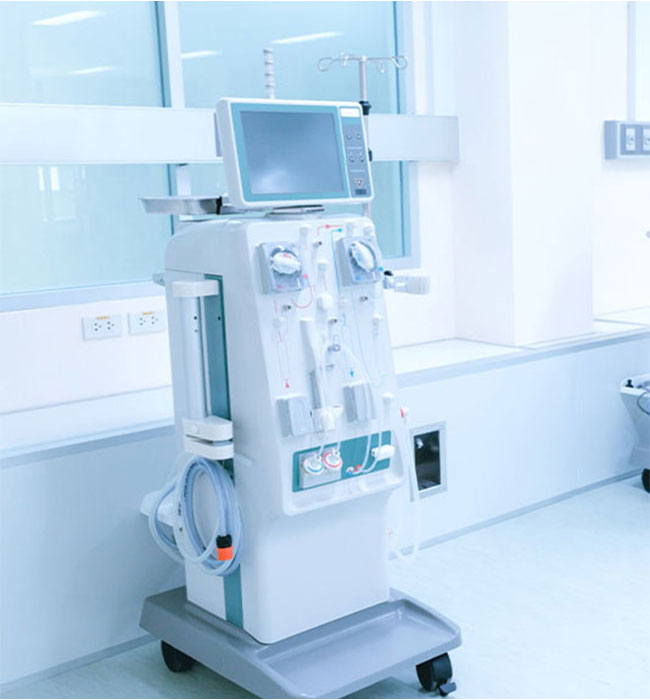Kidney Dialysis
Kidney Dialysis Specialist
Dr. Victor Gura is a world-renowned board-certified internist and nephrologist specializing in kidney dialysis. Dialysis is a treatment that acts as a substitute for people who do not have kidneys that function regularly. If you are facing kidney failure, kidney dialysis is a life-saving procedure. It allows people an opportunity to live gratifying lives. The two (2) leading kidney dialysis treatments are Hemodialysis and Peritoneal Dialysis.
- Our kidneys are the major organs in our body, which serve the primary function of filtering waste from our blood.
- Dialysis helps patients by operating in place of failing kidneys.
- Approximately 468,000 people receive dialysis every day.
- Over 193,000 people received a kidney transplant for end-stage renal disease in 2015.
Table of Contents
Toggle
Years of Effective Dialysis Treatment
Importance of Addressing Kidney Health Issues
Comfortable, Compassionate Dialysis Care
Kidney Dialysis Q & A
With this type of dialysis, a machine and filter are placed in the bloodstream. It removes excess waste and products from your kidneys. Your artery is joined to a vein, and it creates a massive blood vessel. This area is called a fistula. Dr. Gura uses a plastic tube to connect the vein and artery during the hemodialysis treatment. Next, Dr. Gura uses a thin tube which he inserts in a vein in your neck or the groin area of your leg. It is usually a temporary procedure dependent on your condition and whether Dr. Gura’s need for access will be permanent or not.
The unique filter used during hemodialysis maintains the balance of minerals in your body. While still removing the excess waste products and water from your blood. Another way to think about this is hemodialysis uses an external device and filter to remove all the excess water from your bloodstream. Inside the dialysis machine, a solution on the other side of the filter absorbs all the waste products from you. Dr. Gura will discuss with you in detail the seriousness of your condition and how long your hemodialysis sessions will be.
Chronic Kidney Failure (CKD) or End-Stage Renal Disease (ESRD) is an illness where your kidneys stop working. With ESRD, your kidneys lose their ability to filter the waste from your blood and transmute it into your urine. There are two (2) main reasons for kidney failure, which cause you to need dialysis treatment. Dr. Gura treats patients with diabetes and high blood pressure, and these are the most commonly associated with dialysis and CKD. Dr. Gura specializes in the treatment of your kidneys.
For this reason, he is called a Nephrologist. Dr. Gura will decide if you are a candidate for dialysis by order specific tests to determine several blood chemical levels in your body. There are two (2) primary levels he wants to measure. The first is the creatine level, and the second is the blood urea nitrogen level. When these two (2) levels start to rise, it tells Dr. Gura that your kidneys are losing their ability to rid your blood of waste and fluid.

